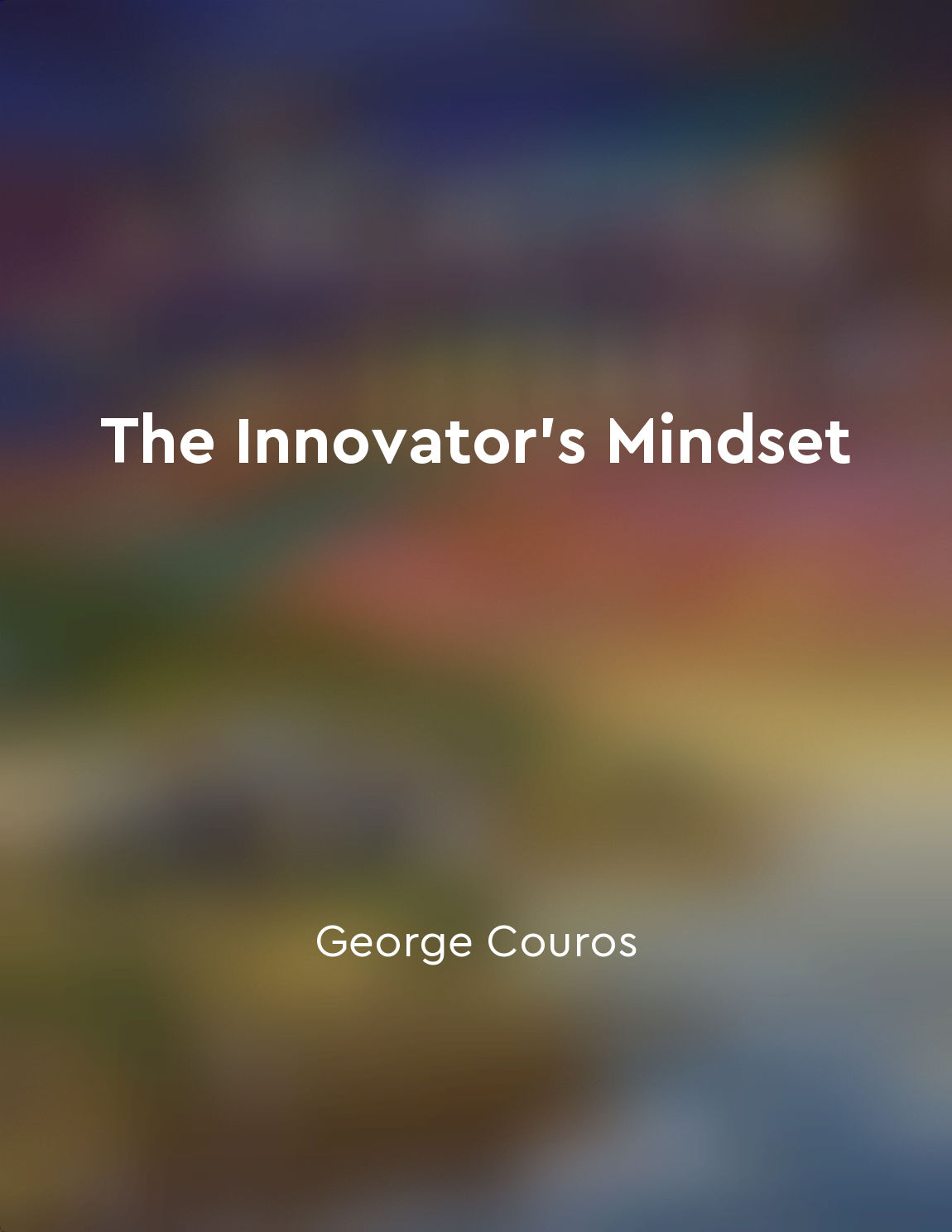Audio available in app
Critical pedagogy can empower students to advocate for social justice from "summary" of Education and Power by Michael W. Apple
Critical pedagogy is a powerful tool that can be used to empower students to become advocates for social justice. By engaging students in critical analysis of society and encouraging them to question the status quo, educators can help students develop a deep understanding of the root causes of social injustices. This understanding can motivate students to take action to address these injustices and work towards creating a more equitable society. One of the key elements of critical pedagogy is its focus on challenging oppressive structures and systems. By examining the ways in which power operates in society and identifying the ways in which certain groups are marginalized and oppressed, students can develop a critical consciousness that enables them to see the world in a new light. This critical consciousness can inspire students to take action to challenge injustice and advocate for change. In addition to fostering a critical consciousness, critical pedagogy also encourages students to develop a sense of agency and empowerment. By providing students with the tools and skills they need to analyze and critique the world around them, educators can help students see themselves as active participants in shaping society. This sense of agency can inspire students to become advocates for social justice and work towards creating a more just and equitable world. Furthermore, critical pedagogy emphasizes the importance of dialogue and collaboration in the pursuit of social justice. By creating spaces for students to engage in meaningful discussions and work together to address social issues, educators can help students develop the skills they need to advocate for change in a collaborative and inclusive manner. This emphasis on dialogue and collaboration can empower students to work together to challenge injustice and create a more just and equitable society.- Critical pedagogy has the potential to empower students to become advocates for social justice by fostering a critical consciousness, promoting agency and empowerment, and emphasizing dialogue and collaboration. By engaging students in critical analysis of society, educators can help students develop the skills and motivation they need to challenge injustice and work towards creating a more just and equitable world.
Similar Posts

Challenge the status quo
Challenging the status quo is not about being a rebel just for the sake of it. It's about questioning the way things have alway...
The community is plagued by poverty and illness
The valley of Cutter Gap, nestled in the Smoky Mountains, was a place where poverty and illness were a harsh reality for its re...
Capitalism is a system of exploitation
In capitalism, exploitation is not a side effect or an anomaly; it is the very essence of the system. The drive for profit is t...
Collaboration necessary for liberation
The process of liberation cannot be achieved in isolation. It requires individuals to come together, to collaborate, to work to...
Critique of traditional banking education
Freire's critique of traditional banking education is a fundamental aspect of his analysis of oppressive educational practices....
Embrace intersectional feminism
Intersectional feminism acknowledges that different forms of oppression - such as sexism, racism, classism, ableism, and more -...
Conscientization leads to liberation
Conscientization is the process by which individuals develop critical awareness of their social reality, leading them to take a...
Foster a sense of belonging
Geneva Gay emphasizes the importance of creating an inclusive environment where all students feel like they belong. This involv...
Revolution is a continuous process, not a onetime event
Revolution, as I see it, is not merely a singular event that happens once and then it's over. It is an ongoing process, a conti...

